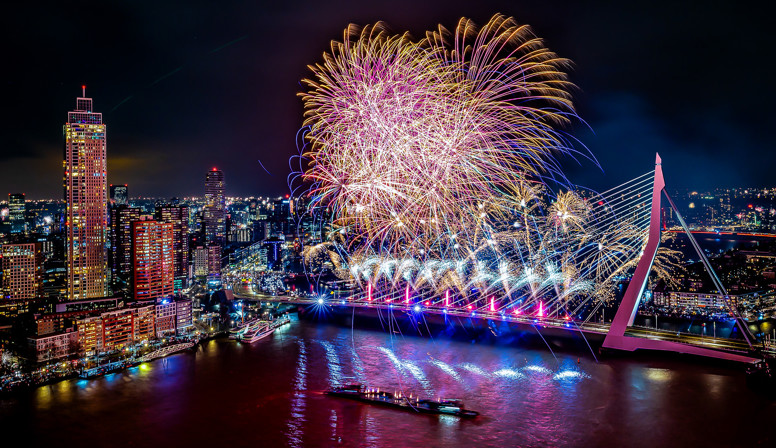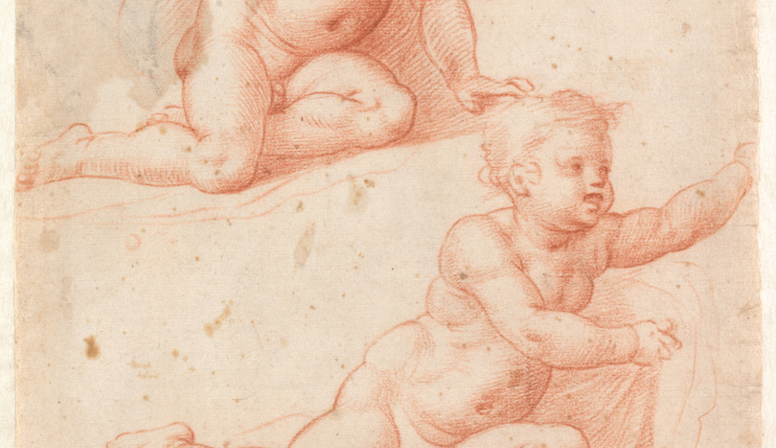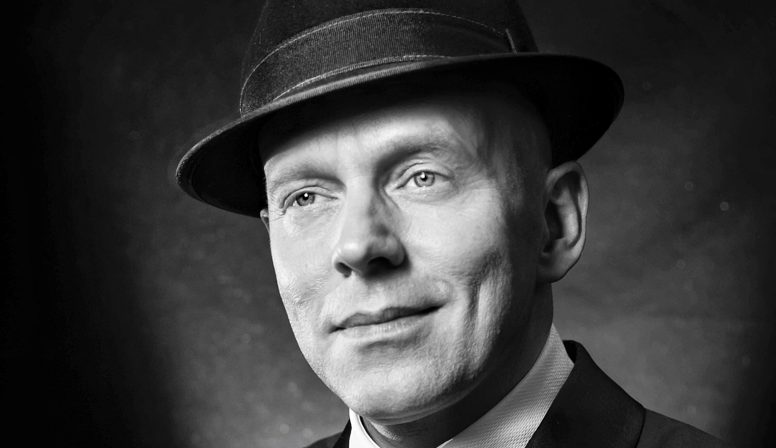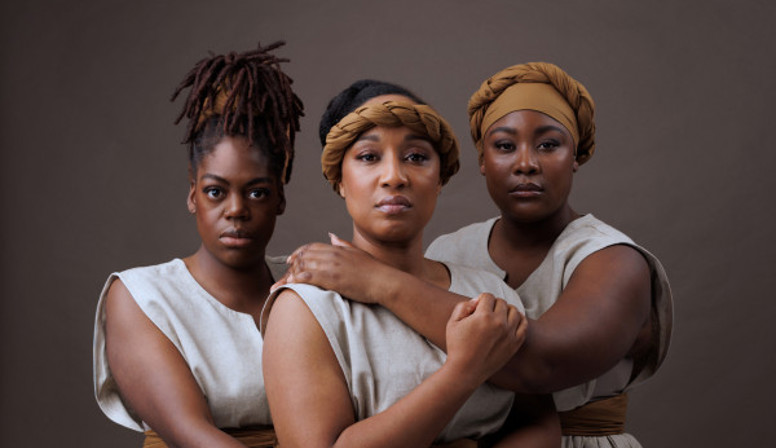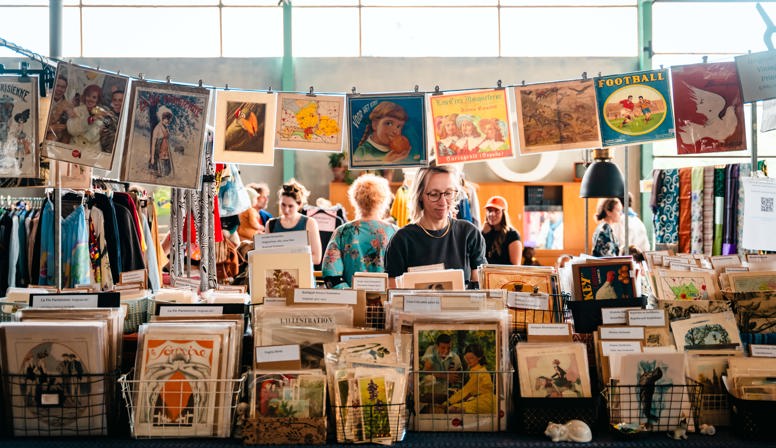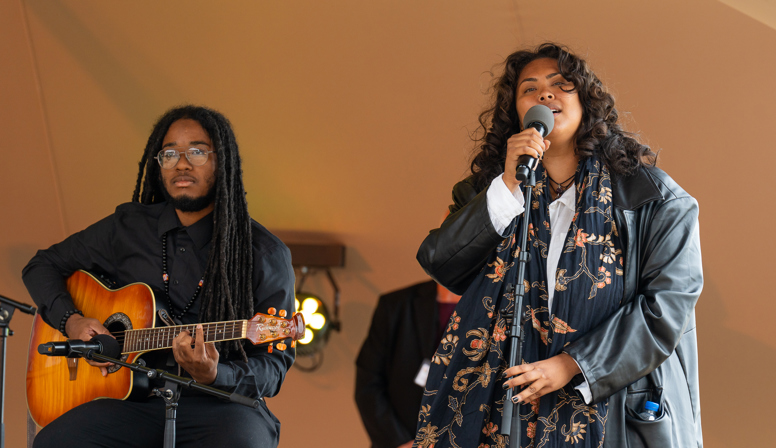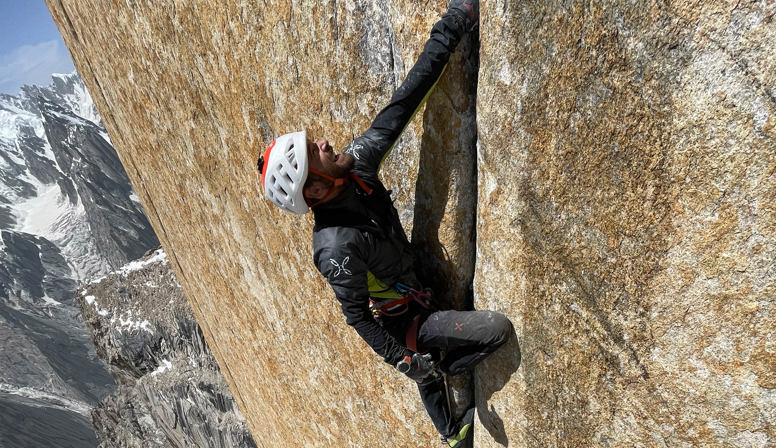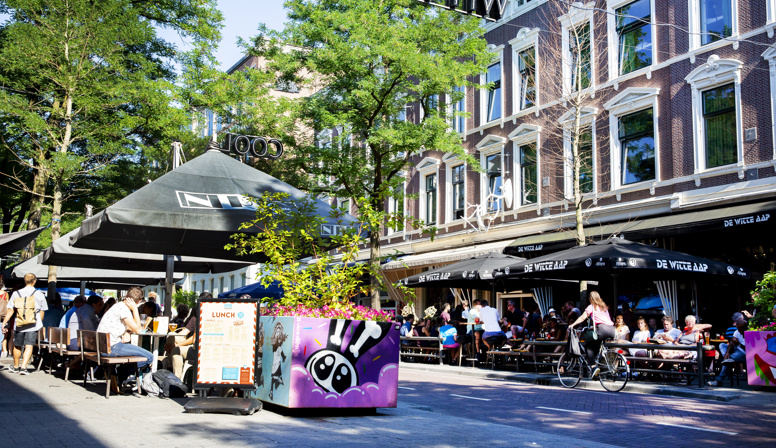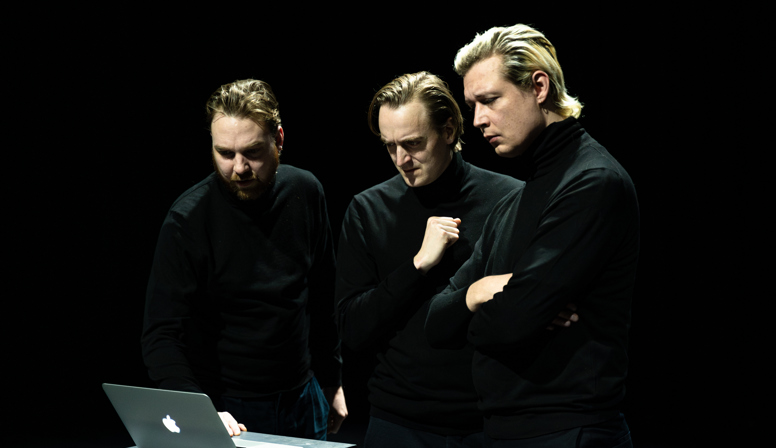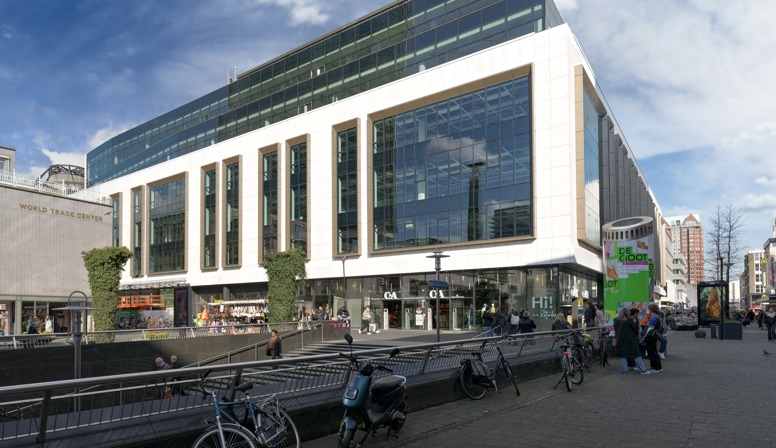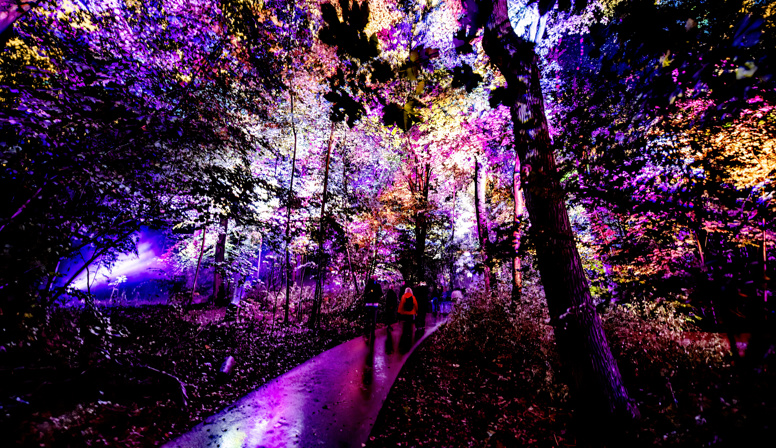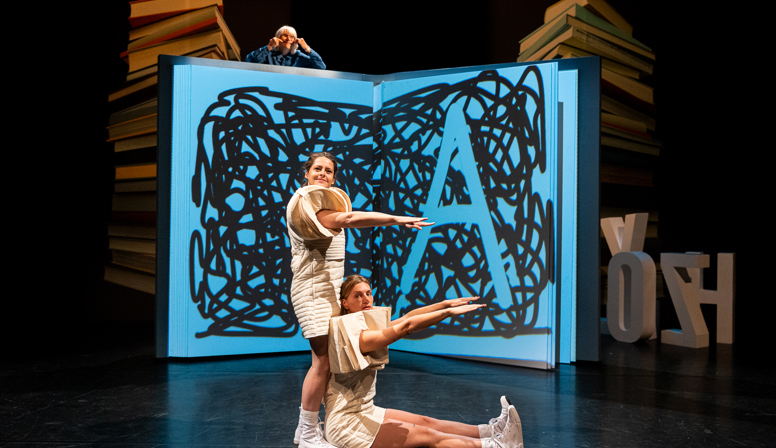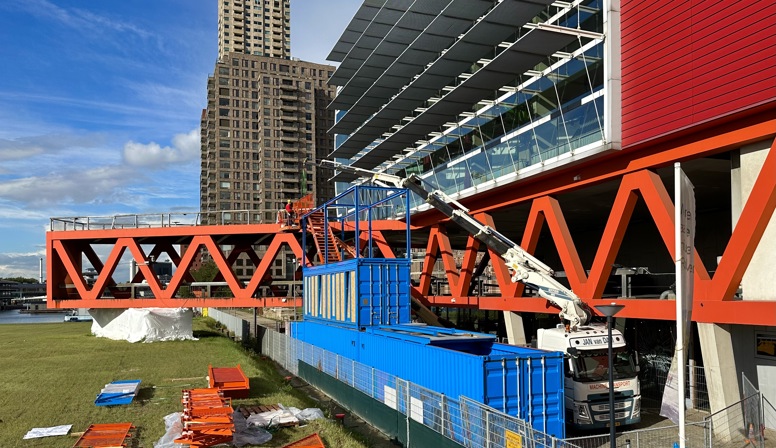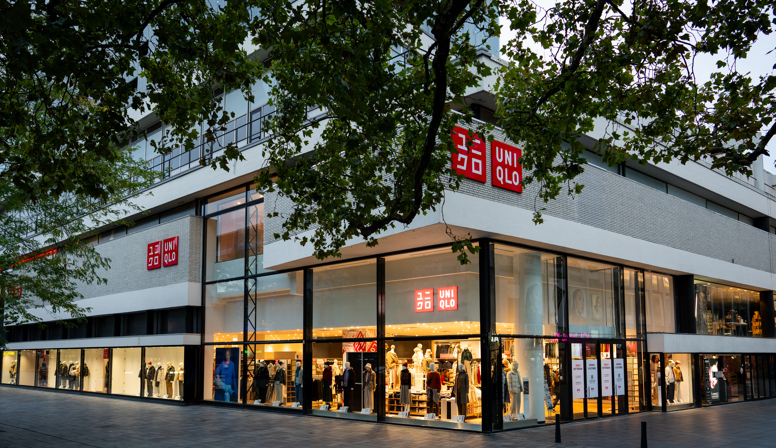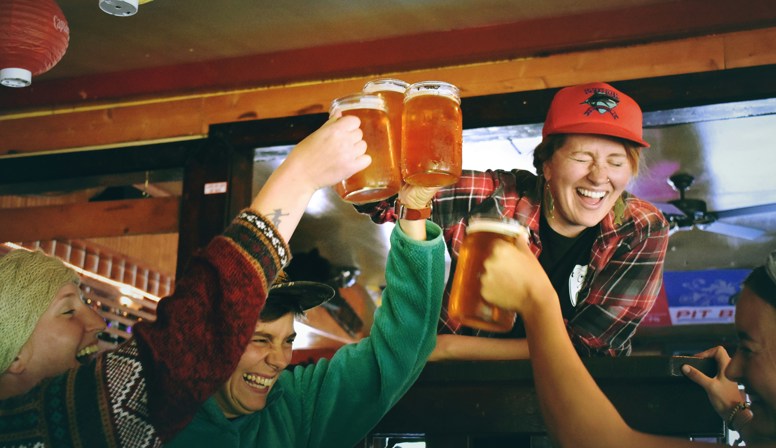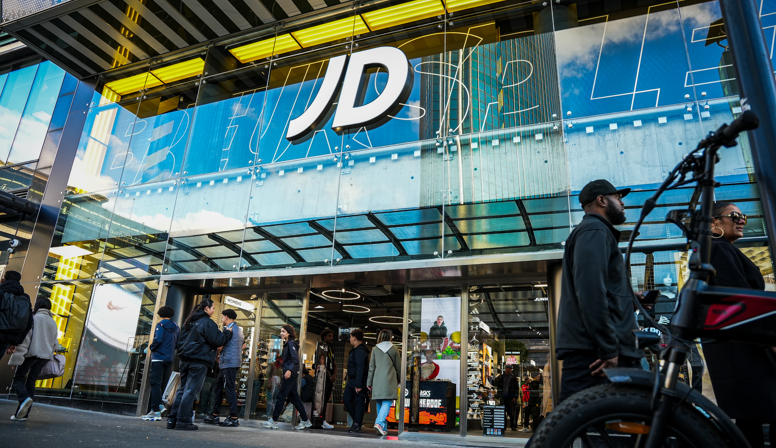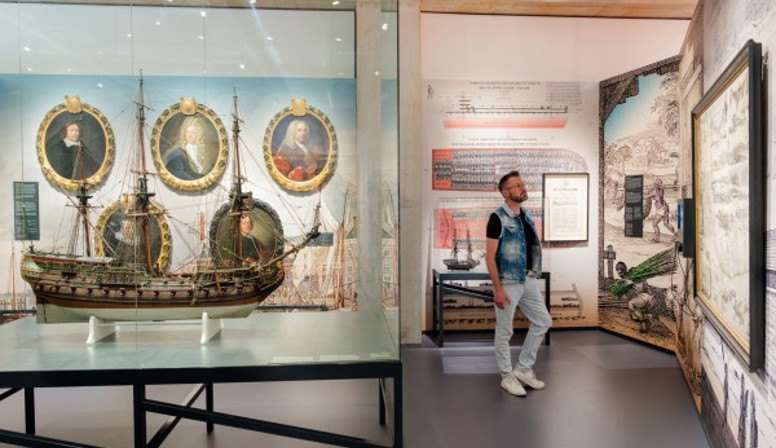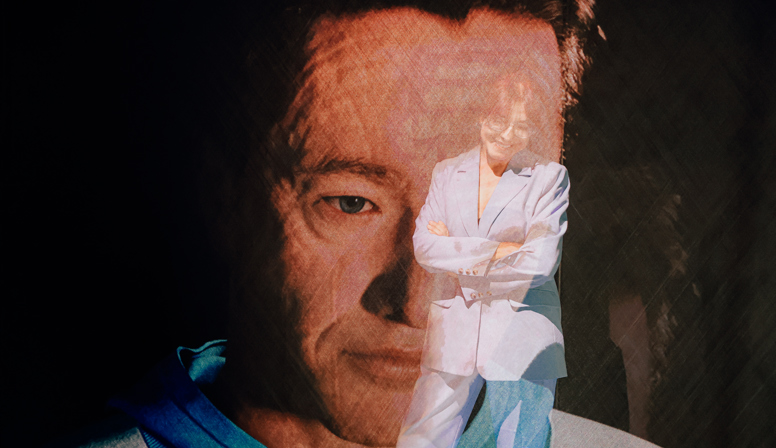
Bibliotheekcollege - Vroeger is zo gek nog niet voor morgen
November is now the Month of the Underground in Rotterdam for the 14th year in a row. This month, step into the hidden world of our city and marvel at what is happening beneath your feet. The library joins in with the library lecture 'The past is not so crazy yet for tomorrow', which explains how knowledge from the past can be used against the threat of water today.
How did the former inhabitants of our region deal with the threat of water? And how can landscape architects and engineers of today use the knowledge about it? In this lecture, researcher Menne Kosian talks about how former inhabitants of the Netherlands dealt with water threats and how that knowledge is useful today. The western part of the Netherlands is threatened by climate change, soil subsidence and rising sea levels. Kosian discusses how historical insights, obtained through archaeology and old maps, inspire modern solutions. The Cultural Heritage Agency of the Netherlands developed the 'Urban Genesis' method together with STOWA to connect water management and heritage.
The western part of the Netherlands consists mainly of low-lying peatlands and (large) cities. In a period of climate change, rising sea levels and subsidence, this typical Dutch landscape is under great pressure. Drastic measures are needed to keep the land dry and safe. But that can be at the expense of the character and cultural-historical value of this landscape. However, these threats are not new to the Netherlands. They started from the moment the Romans started reclaiming land on a large scale. Every human intervention changed the landscape considerably and also created new challenges. People have had to come up with solutions for this throughout the centuries.
Knowledge about these changes and how people adapted to them can help develop solutions for today, that fit our landscape. We get a lot of this knowledge from archaeological research of the landscape and studying old maps and paintings. With this knowledge we can also use heritage for environmental plans, or as inspiration for modern engineers, also for other areas in the Netherlands.
Menne Kosian (1964) studied Mediterranean archaeology, ancient history and logic at the Vrije Universiteit in Amsterdam. He works as a researcher in Spatial Analysis at the Cultural Heritage Agency of the Netherlands, in the Water, Heritage and Climate team. The emphasis in his research is mainly on historical (water) systems, urban development and landscapes related to maritime navigation.
All dates
| Datum | Tijd | Locatie | Ticketlink |
|---|---|---|---|
| Tue 26 Nov | 19:30 - 20:30 | Centrale Bibliotheek |
Tuesday 26 November
Something different?
See what else there is to do in Rotterdam.


